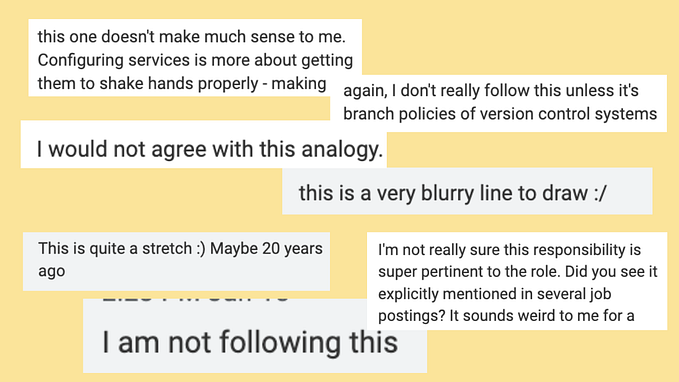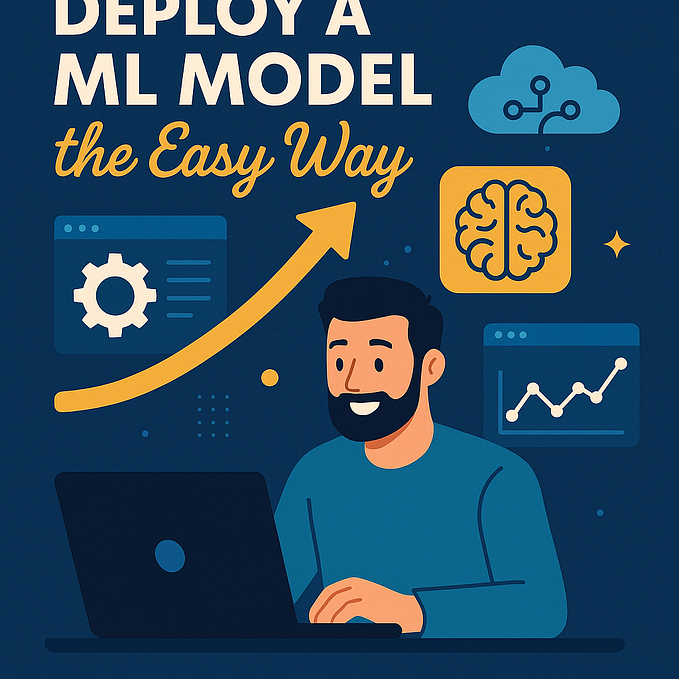Imagining the Sharing Economy
If you’ve been watching Points lately, you’ve seen several posts about the Pew Research Center for Internet, Science and Technology’s new survey report, Gig Work, Online Selling and Home Sharing. The report reveals remarkable splits and subgroups within the labor pool of what often gets called the “sharing economy.” And the publication of this report reflects an ongoing transformation of what can be thought or known about platformed, peer-to-peer commerce.
A lot of storytelling took place during the first few years of on-demand commerce phenomena. For example, in a July 2015 essay on Wired magazine’s Backchannel blog, Zipcar cofounder and Peers, Inc. author Robin Chase bid farewell to capitalism as usual: “In the new collaborative economy, sharing and networking assets, like platforms, car seats, and bedrooms, will always deliver more value faster […] I know first-hand that the collaboration of people and platforms — Peers Inc — can deliver a better world.” Many joined Chase in her optimism. By the time Chase’s article was published, an emblematic set of imaginings had emerged about a collaborative, networked form of commerce.

This set of imaginings focused on the large-scale social implications of a “sharing economy.” Books and articles ballyhooed the efficiency, environmental friendliness, communitarian spirit and entrepreneurial potentials of platformed commerce. These visions gathered together a variety of economic activities that are not easily commensurable, often with the assumption that these activities expressed a collaborative or community-focused ethos. Forming a swap group to trade home-cooked meals is a very different kind of economic activity than working as a driver within Uber’s ride-sharing system. Nonetheless, both of these types of activities have been labeled as “sharing economy” activities.
Whether these utopian visions were inspired by community spirit, the grassroots success of peer-to-peer techniques for open-source software development, the millions of venture capital dollars that awaited a platform founder with a knack for investor storytime, or a host of other factors is, in a sense, less important than whether these stories stuck. And stick they did, along with a series of distinctive critiques about the economic pressures of being managed by algorithm and the erosion of longstanding social institutions whose functions were displaced onto individual workers. (To be fair, Chase and many other boosters of on-demand commerce have acknowledged that disrupting the worker protections and social safety nets developed over the industrial and post-industrial eras would put workers at risk; however, the basic income and portable benefits recommended by Chase and others as a new social safety net are still only ideas and experiments).
The “sharing economy,” in short, became an object of popular thinking and imagining.
But precisely what is “an economy”? The political theorist Timothy Mitchell argues that an economy is not something that exists independent of our attempts to measure and understand it. Rather, Mitchell explains, what we imagine “an economy” to be emerges from the ways that economic activity is categorized, measured, calculated, and represented.
Even just a few years ago, the most reliable information about the on-demand economy was data gathered by the platform companies themselves. This information was proprietary and thus off-limits to the public, save for what the companies chose to release. Since on-demand commerce platform companies’ motivations are largely driven by profit, the metrics they track have been oriented toward efficiency. Take, for example, Uber, which measures such metrics as drivers’ aggregate customer ratings and the proportion of fares drivers turn down relative to the total number they are offered. Uber, in this example, has created categories and measurements that form the basis for (often algorithmically calculated) courses of action that tie back to a goal of efficiently providing a satisfactory service. In other words, on-demand platform companies count, measure, and calculate in ways that harmonize with boosters’ imaginings of a sharing economy: assets always delivering more value faster, to paraphrase Chase.
What we measure shapes the possibilities for how we imagine on-demand commerce now and in the years to come. As the on-demand economy has become more known, more talked about, and more thought about, it has also become more publicly measured. Pew Research Center has a broad mandate to understand the issues, attitudes and trends shaping Americans’ lives; this mandate called for a different approach to counting and measuring activities in the on-demand economy. Looking beyond aggregate measures of efficiency, Pew Research concentrated on the workers themselves and and the social contexts in which their gig work takes place.
The report opens up questions over how the on-demand economy should be measured, who should do the measuring, and to what ends. For example, the report found that the pay from gig work was important or essential for more than half of those who have engaged in gig work over the past year — and within that group, one-quarter reported that other types of work were not available where they lived. These findings challenge the assumption that gig work is elective and voluntary in nature, revealing contours of the on-demand economy that might otherwise be unseen.
“Gig Work, Online Selling and Home Sharing” confirms, with a nationally representative sample, the findings that ethnographic studies (such as Siddarth Suri and Mary L. Gray’s work, which shaped the design of the Pew survey, or Alex Rosenblat and Luke Stark’s) have reported from the field. In this post-election moment, many are grappling with the ethical and epistemological limitations of data-mining techniques. Nationally representative confirmation of ethnographic work emphasizes the ongoing relevance of the social sciences, and strengthens calls to increase institutional support for ethnographic research.
Further, Pew’s findings can temper the utopian visions of sharing economy boosters and the public relations promises of on-demand platform companies. From my perspective, this is not a matter of declaring the on-demand commerce optimists wrong, but rather a matter of holding them accountable and recruiting their help in advocating for sustainable systems. Many studies currently underway will provide even more evidence of what on-demand platform work means for those who do it and the conditions that affect how and why they do their work. The more that is known about the workers and the work of the on-demand economy, the stronger the call for platform builders to make systems for sustainable work: systems that acknowledge the lived conditions and external factors that affect workers.
Caroline Jack is a media scholar whose research focuses on media history and the public communication of economies. She holds a PhD in Communication from Cornell University, and is currently a Postdoctoral Scholar at Data & Society. She thanks Alexandra Mateescu and Seth Young for their contributions to this piece.
Points: For more thoughts on the so-called gig economy — and responses to the new report, “Gig Work, Online Selling and Home Sharing,” from Pew Research Center — see:
- Spike in Online Gig Work by Siddharth Suri and Mary L. Gray
- We’re Not All Entrepreneurs by Brooke Erin Duffy
- Phones, but No Papers by Julia Ticona
- “These Days, Everyone Needs a Side Hustle” by Dan Greene
- Toward a Just Future for Platform Labor by Niels van Doorn









